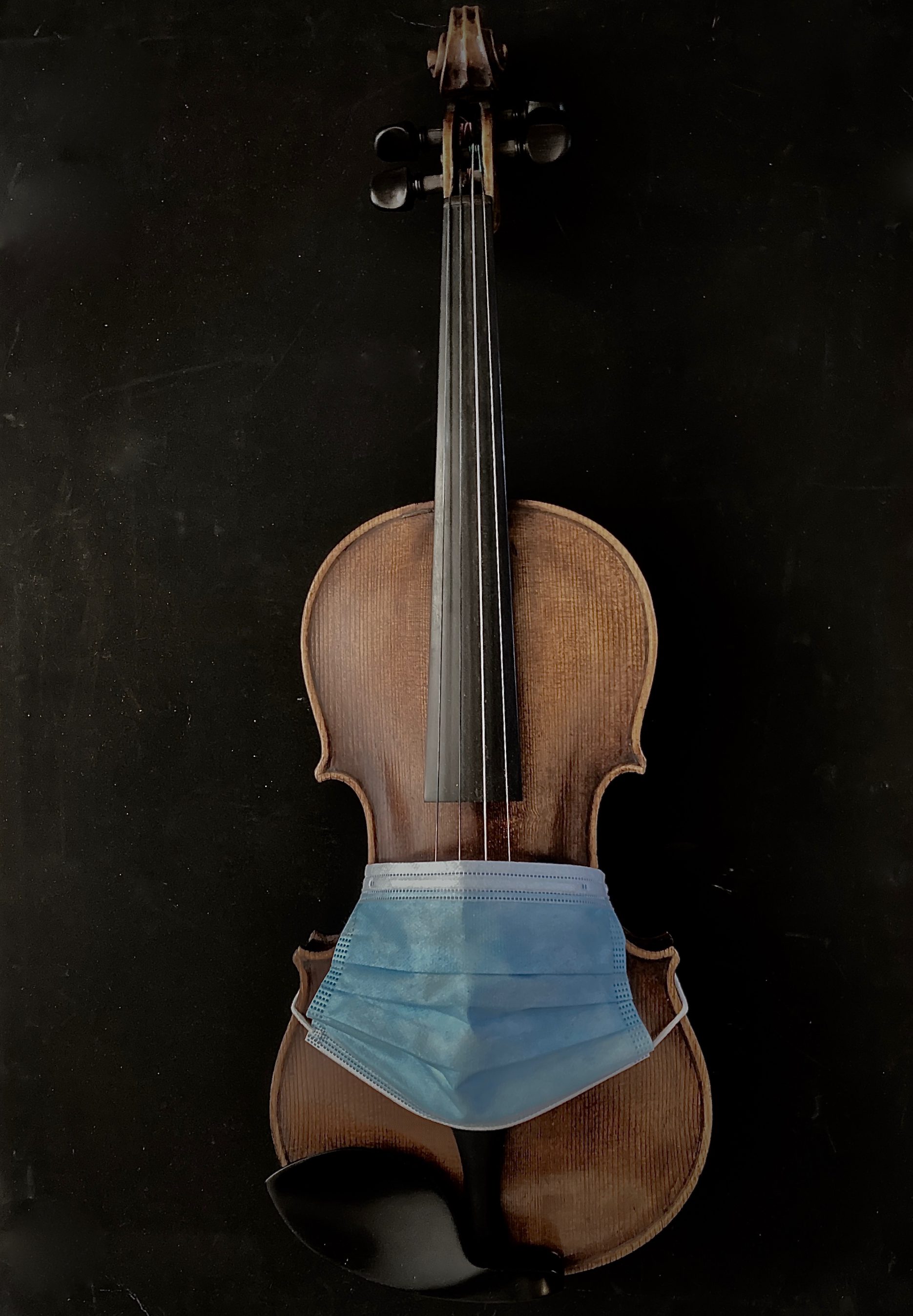The consequences of the Corona pandemic for public and private musical life cannot be overlooked. The economic impact on the music industry and public cultural funding alone are in part irreversible for institutions, companies and associations as well as for the artistic biographies associated with them. The closing of venues, for example, has by no means only led to an interruption, but also to a transformation of musical practices, as can be seen, for example, in the translation of the classic live format of concert performance into Facebook or YouTube events. In this respect, the question arises as to how specific local, translocal or virtual musical practices react to the conditions of a global crisis and how the specific transformation dynamics can be reconstructed with which they react to the disruptive event of the pandemic.
From a methodological point of view, the seminar focuses on the teaching of ethnographic methods of qualitative social research. The focus is on the focus interview, which can be triangulated with other types of data. The seminar goes through the essential steps of an ethnographic study, from the selection of the research field to the formulation of the research question to the conception of the research design, from the planning of the data collection to the evaluation and presentation of the results. The study is oriented towards the research style of the Grounded Theory Methodology. Under the conditions of a pandemic, however, not only musical but also scientific practices are subject to specific constraints and transformations, for example because forms of classical fieldwork – face-to-face interaction, rehearsal and concert attendance, etc. – are subject to crisis-related limitations. In this respect, the seminar will also deal with questions of online data collection, which, however, can be linked to established methodologies of cyberethnography. The practical and ethical research challenges of ethnographic practice will also be taken into account. >> read more
Photo: © Matthias Haenisch
